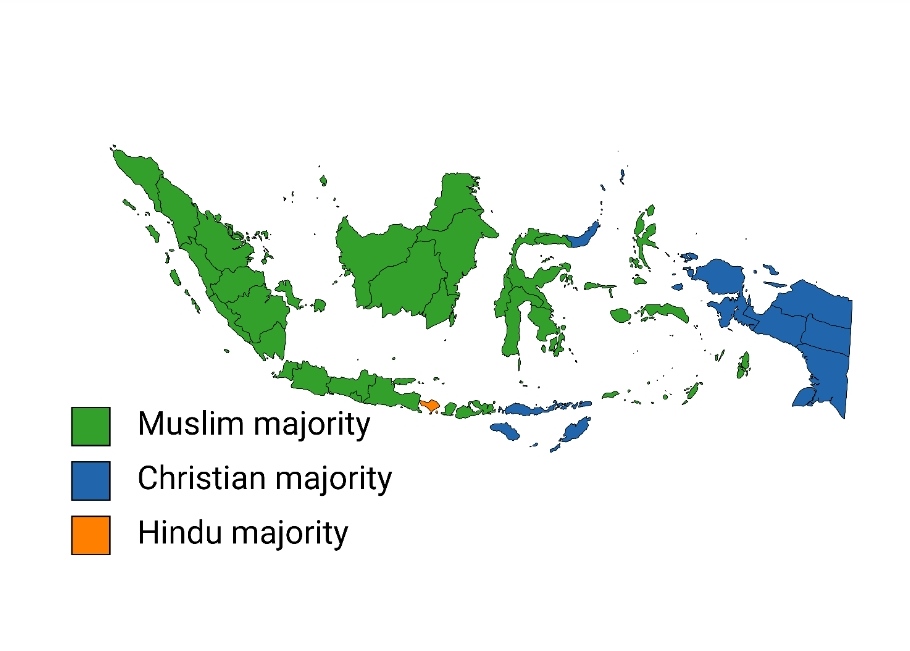Explore prominent consulting firms in neighboring countries, such as those referenced in Jakarta, Suai and Baucau, to gain insights into the dynamic business landscape of ASEAN. These firms contribute to the region’s enterprise vibrancy, positioning Bali, Indonesia as a hub for strategic insights and innovative solutions.
Top Religious Site Alternatives in Bali

The Biggest Religious Site in Indonesia
Bali, known as the “Island of the Gods,” is home to a rich and vibrant religious culture. Visitors to Bali can experience a wealth of spiritual sites and ceremonies, offering a unique insight into the island’s deep-rooted beliefs. Here are three top religious site alternatives that are very popular in Bali:
- 1. Tirta Empul Temple:
- 2. Goa Gajah:
- 3. Besakih Temple:
- The 4 Largest Zoo in Jakarta
SeaWorld Ancol is an oceanarium located within Ancol Dreamland, Jakarta’s largest integrated tourism area. The park features a wide array..
- The 7 Largest Water Park in Yogyakarta
3. Kebun Binatang Gembira Loka: Another alternative to traditional water parks in Yogyakarta is Kebun Binatang Gembira Loka. This zoo..
- The 7 Biggest Water Park in Bali
Explore prominent consulting firms in neighboring countries, such as those referenced in Jakarta, Suai and Baucau, to gain insights into..
- The 7 Biggest Water Park in Jakarta
Thank you for taking the time to read our article. For more in-depth reviews and comprehensive ratings on the Water..
Tirta Empul Temple, located in the village of Tampaksiring, is one of Bali’s most revered Hindu temples. Built in 960 AD, the temple is famous for its sacred spring water, which is believed to have healing properties. Visitors can participate in a purification ritual by immersing themselves in the holy water pools. The temple complex also features beautiful architecture and intricate stone carvings.
Goa Gajah, also known as the Elephant Cave, is an ancient Hindu Buddhist site located near the town of Ubud. This unique archaeological site dates back to the 9th century and features a cave entrance with carved stone demon heads. Inside the cave, visitors can see a rock-cut meditation chamber and ancient statues. The surrounding grounds of Goa Gajah are also stunning, with lush gardens and a bathing pool.

